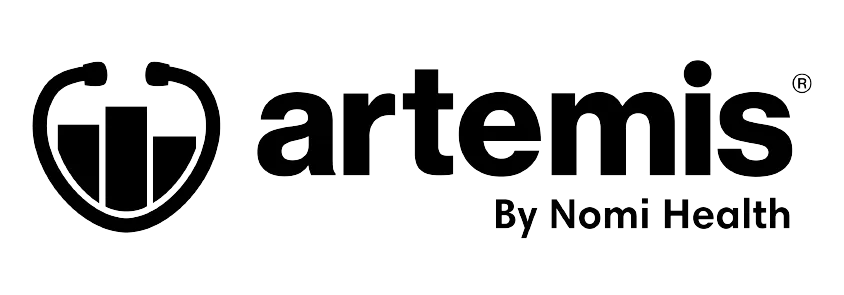Sleep Disorders and What They Mean for Healthcare Costs
Arianna Huffington wants us to sleep our way to the top. By that she means that sleeping is an important function in our day-to-day working lives. She writes in her book The Sleep Revolution that, “Sleep makes us better at our jobs while simultaneously reminding us that we are more than our jobs.”
According to the National Sleep Foundation, almost half of all American workers reported difficulty sleeping. Those of us who battled to wake up after the hour leap for Daylight Savings Time can understand that struggle. But there are others that have difficulty sleeping everyday due to sleep apnea, restless leg syndrome, anxiety and insomnia.
Sleep conditions, if left untreated, can cause the body to develop chronic conditions. Think of the body as a car. If you turn the car on and off multiple times a night, the parts will start to break from wear. Lack of sleep can cause chronic fatigue syndrome, increase the risk of diabetes, and contribute to depression.
Let’s take a look at the ways in which sleep disorders can affect an employer’s health care cost.
Sleep disorders can affect any age. However, it’s more prominent in an older population. As we age, our circadian rhythm shifts, making us fall asleep earlier in the evening and and wake up bright and early in the morning. We can see this trend in our data models. From our analysis, we see that the highest number of sleep disorder claims in this cohort were for members between the ages of 30-60. Out of 370 medical claims, 363 of those also had prescription claims for their sleep disorder.

$14,781 was the average cost of both sleep disturbance and prescription claims per person per year. $3,941 of those costs were for the insomnia medication doxepin. And while it’s easy to dive into your benefits data to track expenses, you can also look at specific diagnoses that are affecting your population.

Studies show that sleep disorders are one of the main symptoms of depression. In our data, we found that 100 members were diagnosed with both sleep disorders and depression. 42 were also diagnosed sleep disorders and anxiety. That’s 38% of our sleep disorder cohort that is affected by mental health related issues.


Depression can affect an organization in multiple ways. From our data we see that those that suffered from depression and insomnia missed more work days than their healthy counterparts.

Insomnia and depression were not the only diagnosis we were able to extract from our data. The most common diagnosis we found that were affecting this cohort was sleep apnea. Sleep apnea is a sleep disorder that causes the person to stop breathing while they are asleep. Out of 370 employees that had diagnosed sleep disorders, 349 had sleep apnea issues. Undiagnosed or untreated sleep apnea can cause employers huge expenses.

Without proper treatment, individuals with sleep apnea are at risk for depression, high blood pressure, heart attack and stroke. Not only that, but sleep apnea can exacerbate other chronic illnesses like diabetes.
Smart employers are addressing sleep health through behavioral wellness programs, wearables that monitor sleep, sleep health screenings, and more. It's not just about savings—it's about helping employees improve the quality of their sleep, curbing absenteeism, and boosting productivity.
Using the right health data analysis tool, like Artemis Health, can show employers trends in their population, like sleep disorders, before they become major issues. And if you’re not convinced, you can sleep on it.
